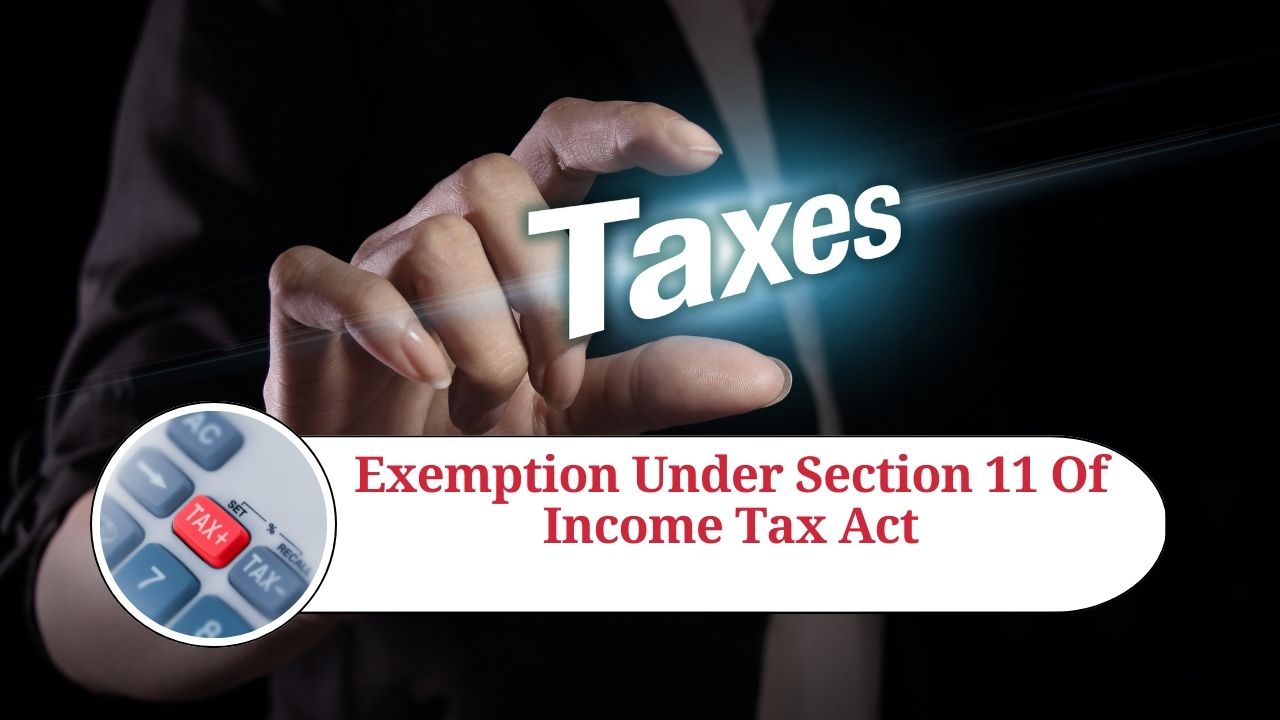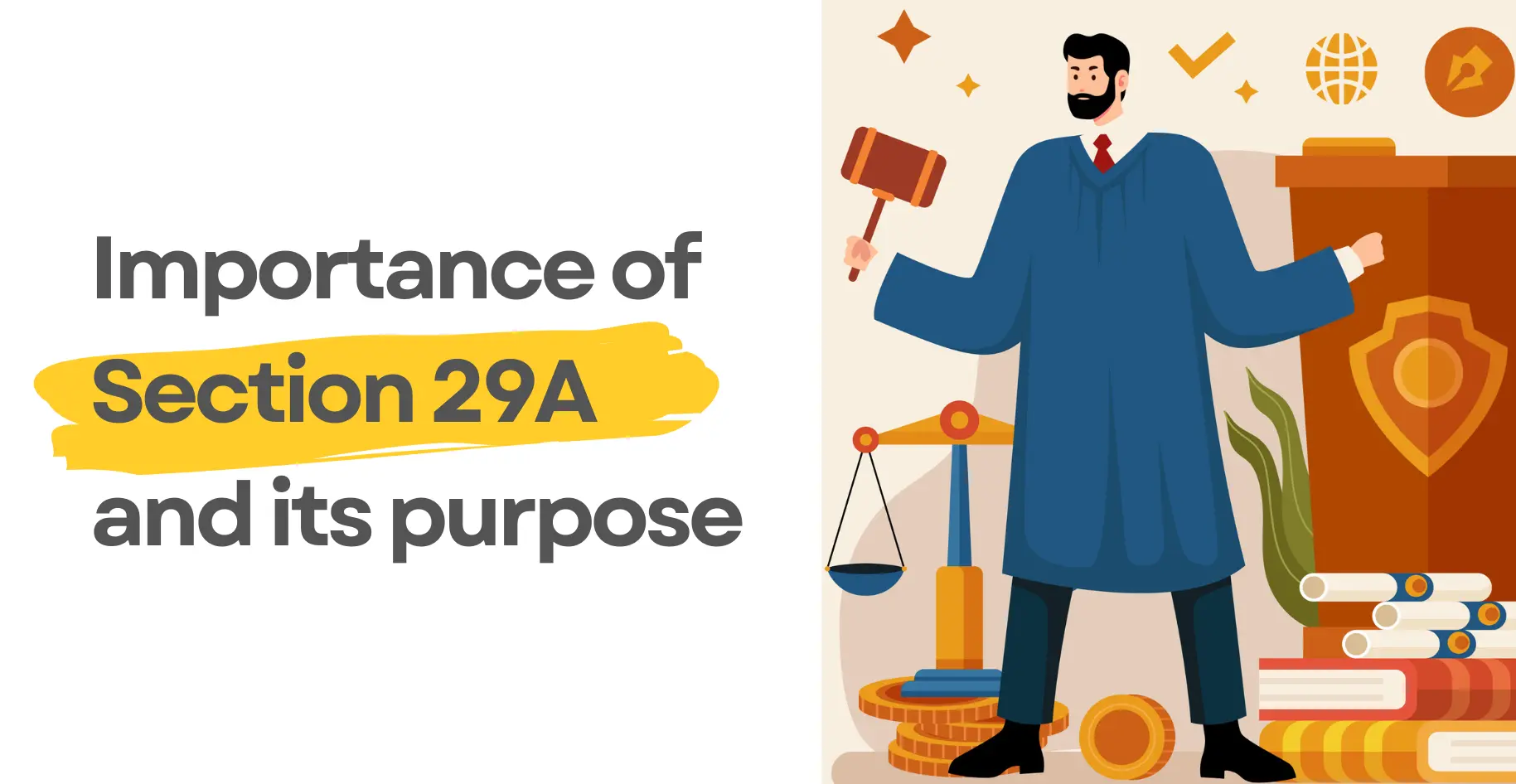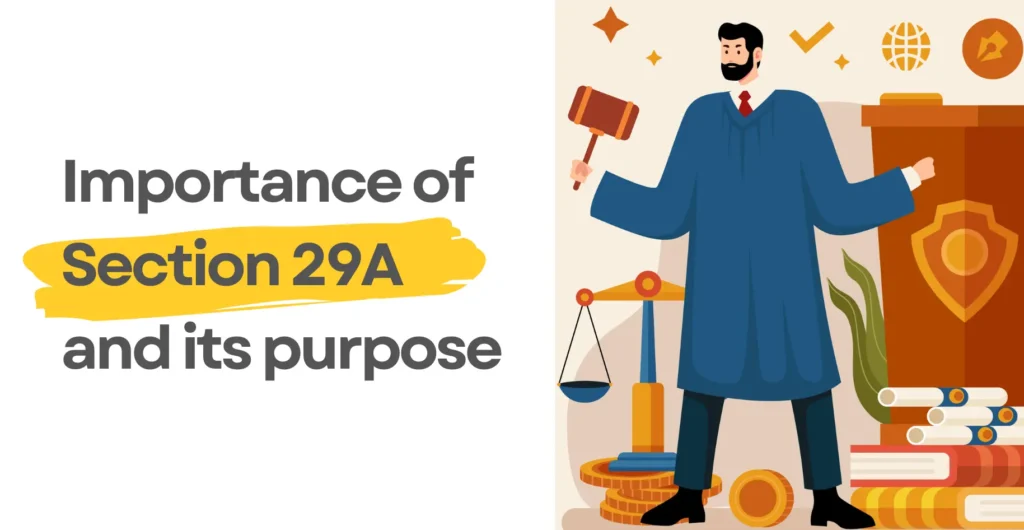Section 11 of the Income Tax Act: Income from Property Held for Charitable or Religious Purposes
Introduction:
Section 11 of the Income Tax Act provides critical guidelines for the income tax exemption of income derived from property held under trust or other legal obligation wholly or partly for charitable or religious purposes. This section is instrumental for non-profit organizations, ensuring they can maximize their funds for public good without being burdened by income tax liabilities. In this comprehensive blog post, we will delve into the specifics of Section 11, its clauses, and the conditions necessary for availing the tax exemptions.
Sub-section (1): Exemption of Income Applied to Charitable or Religious Purposes
Clause (a):
Income from property held under trust wholly for charitable or religious purposes is exempt to the extent it is applied for such purposes in India. If any income is accumulated for such purposes, it is exempt up to 15% of the total income from such property.
Clause (b):
For properties held under trust partially for charitable or religious purposes, created before the commencement of this Act, the income is exempt to the extent it is applied for such purposes in India. Any income set apart for application to such purposes in India is also exempt up to 15% of the total income from such property.
Clause (c):
Income derived from property held under trust created after April 1, 1952, for charitable purposes promoting international welfare in which India is interested, is exempt to the extent it is applied to such purposes outside India, subject to approval from the Board.
Clause (d):
Voluntary contributions made with a specific direction to form part of the corpus of the trust are exempt.
Explanation to Clauses (a) and (b):
Explanation 1:
In computing the 15% of the income which may be accumulated or set apart, voluntary contributions as referred to in Section 12 are deemed to be part of the income.
Explanation 2:
Any amount credited or paid out of income referred to in clauses (a) or (b) to any specified funds, trusts, or institutions shall not be treated as application of income for charitable or religious purposes.
Explanation 3:
For determining the amount of application under clauses (a) or (b), provisions of sections 40(a)(ia), 40A(3), and 40A(3A) shall apply mutatis mutandis.
Explanation 4:
Any sum received for the renovation or repair of religious places may be treated as forming part of the corpus of the trust or institution, subject to specific conditions.
Explanation 5:
Clarifies that the calculation of income required to be applied or accumulated shall be made without any set-off or deduction of excess application of preceding years.

Sub-section (1A): Transfer of Capital Assets
Clause (a):
When a capital asset held for charitable or religious purposes is transferred, and the net consideration is utilized for acquiring another capital asset, the capital gain arising from the transfer shall be deemed to have been applied for such purposes.
Clause (b):
For capital assets held in part for such purposes, the appropriate fraction of the capital gain is deemed to have been applied for charitable or religious purposes.
Sub-section (2): Accumulation of Income
Income not applied but accumulated for charitable or religious purposes shall not be included in the total income of the previous year if specific conditions are met, including filing a statement and investing or depositing the accumulated money in prescribed forms.
Sub-section (3): Non-compliance
Income that ceases to be accumulated for charitable or religious purposes or is applied for other purposes shall be deemed to be the income of the previous year in which the violation occurs.
Sub-section (4): Business Undertakings
“Property held under trust” includes a business undertaking so held. The Assessing Officer has the power to determine the income of such undertakings, and any excess income determined shall be deemed to be applied to purposes other than charitable or religious purposes.
Sub-section (5): Forms and Modes of Investment
Lists the forms and modes in which money accumulated or set apart must be invested or deposited, including government savings certificates, deposits with scheduled banks, investments in units of the Unit Trust of India, and others.
Sub-section (6): Determination of Income
Clarifies that income required to be applied or accumulated shall be determined without any deduction or allowance by way of depreciation or otherwise.
Sub-section (7): Registration Under Section 12AA or 12AB
When a trust or institution has been granted registration under section 12AA or 12AB, no income derived from the property held under trust shall be excluded from the total income of the person in receipt thereof.
Key Points to Remember:
-
- The primary condition for exemption is that the income must be applied or accumulated for charitable or religious purposes in India.
-
- There are specific provisions and conditions for income applied outside India.
-
- Voluntary contributions forming part of the corpus of the trust are treated favorably under the Act.
-
- There are specific modes of investment and accumulation of income that must be adhered to for availing the exemption.
-
- The provisions also cover the transfer of capital assets and the application of income arising from such transfers.
FAQs about Section 11 of the Income Tax Act
Q1: What is the main objective of Section 11 of the Income Tax Act?
A1: The main objective of Section 11 is to provide tax exemptions for income derived from property held under trust for charitable or religious purposes, ensuring that more funds are available for public good.
Q2: How much income can be accumulated for charitable or religious purposes without being taxed?
A2: Up to 15% of the total income from property held under trust can be accumulated for charitable or religious purposes without being taxed.
Q3: Can income from property held under trust be applied outside India?
A3: Yes, income from property held under trust for charitable purposes promoting international welfare in which India is interested can be applied outside India, subject to approval from the Board.
Q4: What are the conditions for voluntary contributions to be exempt under Section 11?
A4: Voluntary contributions made with a specific direction to form part of the corpus of the trust are exempt under Section 11.
Q5: How is the transfer of capital assets handled under Section 11?
A5: If the net consideration from the transfer of a capital asset is utilized for acquiring another capital asset to be held for charitable or religious purposes, the capital gain is deemed to have been applied for such purposes.
Q6: What are the prescribed modes of investing accumulated income?
A6: Prescribed modes include investment in government savings certificates, deposits with scheduled banks, investments in units of the Unit Trust of India, and other specified securities.
Q7: What happens if income accumulated for charitable purposes is not applied as intended?
A7: If the accumulated income is not applied for charitable purposes within the stipulated period or is applied for other purposes, it will be deemed to be the income of the previous year in which the violation occurs and will be subject to tax.
Q8: Is income from business activities of a trust eligible for exemption?
A8: Yes, but only if the business is incidental to the attainment of the objectives of the trust or institution, and separate books of account are maintained.
Conclusion:
Section 11 of the Income Tax Act provides essential tax relief for charitable and religious organizations, enabling them to utilize their funds effectively for public good. By understanding and complying with the provisions of this section, trusts and institutions can ensure their income is exempt from tax, thereby maximizing their impact on society.
For more detailed insights and updates on income tax provisions, visit SmartTaxSaver.com.




